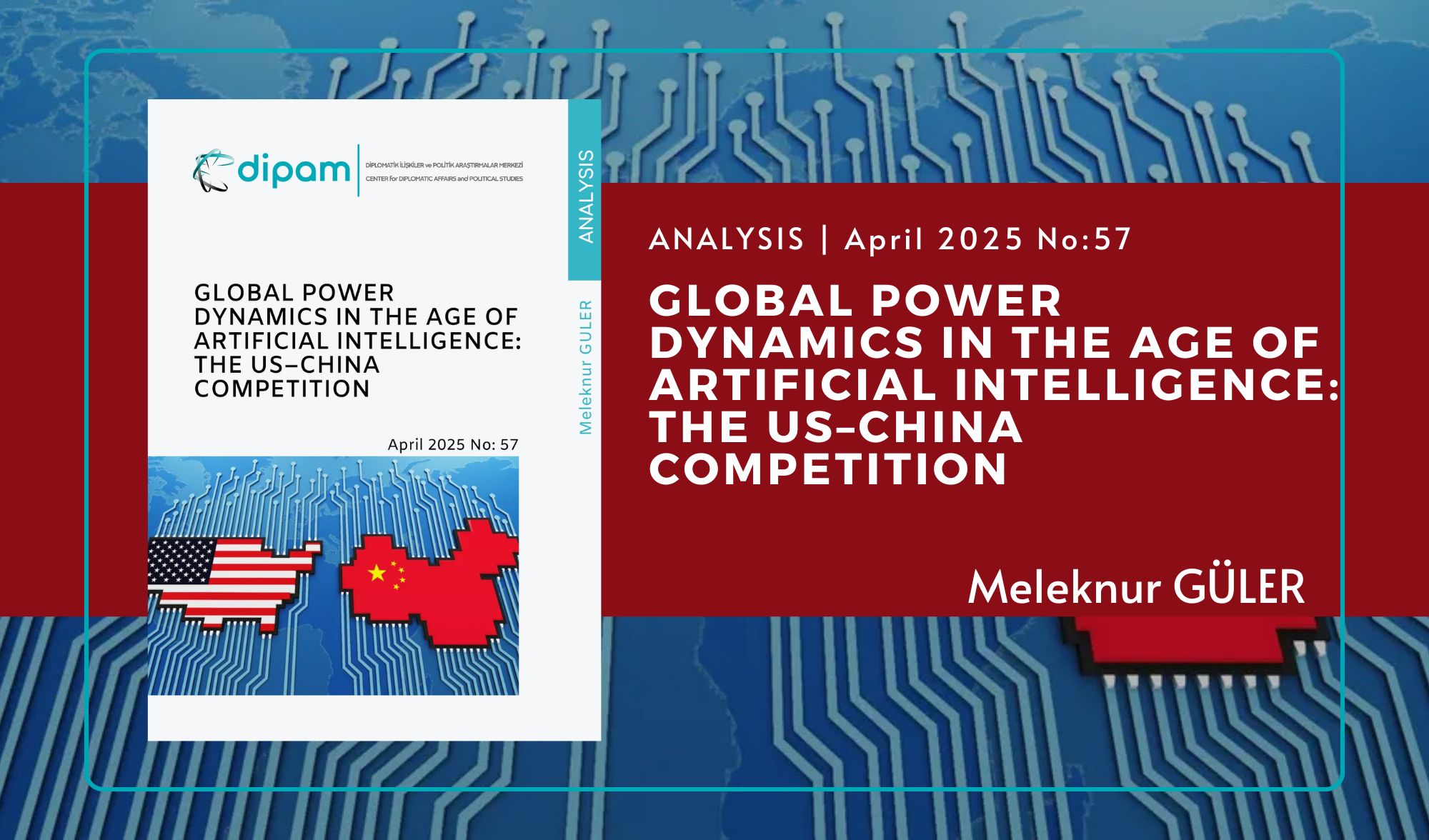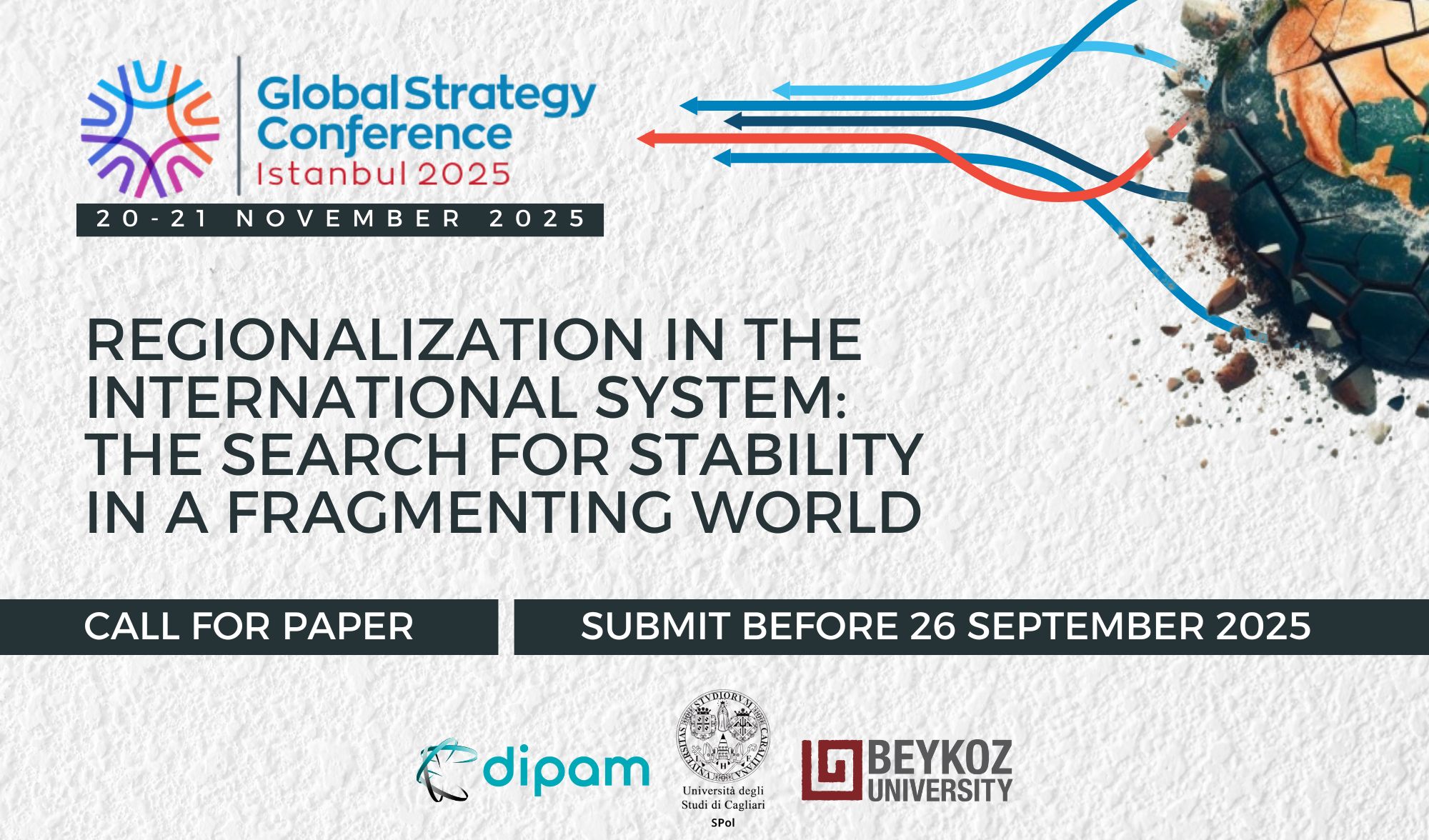Today, artificial intelligence (AI) has become a force that impacts a wide range of areas, from the global economy to national security, from technological innovation to strategic competition. The transformative potential of AI has made it not only a technology but also a factor reshaping the global balance of power. For this reason, major powers like the United States and China are competing to take the lead in the field of AI.
The interpretation of the AI competition as a new kind of “arms race” demonstrates that dominance over AI technologies means not only economic prosperity but also geopolitical superiority. In this context, the U.S. and China are making great efforts to strengthen their AI infrastructures, secure data dominance, and produce the most advanced AI models.
The US has established significant global superiority in AI through tech giants such as OpenAI, Google DeepMind, Microsoft, and Nvidia. Critical technological components such as supercomputers, advanced data centers, and semiconductor manufacturing reinforce America’s strength in this field.
On the other hand, China is rapidly advancing toward its goal of becoming a global AI leader by 2030. Tech giants like Alibaba, Tencent, and Baidu are developing large-scale AI projects, while China’s vast data pools and state-controlled AI initiatives enhance its competitiveness in the field.
As in many other domains, the US and China are in competition in the realm of AI. Developments in AI are deeply affecting the global order and creating new economic and political dynamics. In this context, the AI competition between the US and China stands out not only as a rivalry between two superpowers, but also as a critical determinant that will influence the future trajectory of the world.
…





